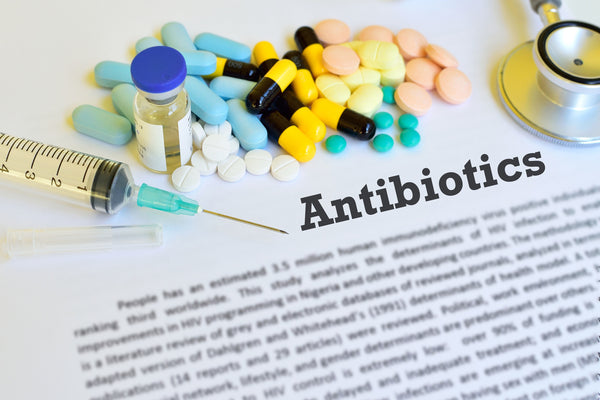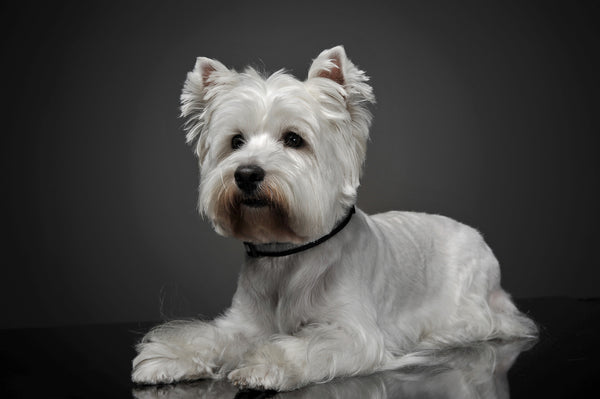Ageing and the Microbiome
Ageing is a normal part of life but it can be difficult to watch as our pets start to slow down. And while ageing is inevitable, there are things we, as their guardians, can do to keep them healthy and comfortable as they get up in years. Optimizing their nutrition by feeding a healthy diet and balancing their calorie intake with enough exercise should be at the top of this list. Like people, a mismatch between ‘energy in’ and ‘energy out’ can lead to serious health problems associated with obesity. Added weight can also contribute to other health complications associated with ageing in dogs, such as hip or joint problems.
Digestive issues are also a common problem in elderly animals. Interestingly, humans share a similar experience and these problems are likely related to the gut microbiome in both species. We know that the human microbiome changes with age, losing some helpful members of the bacterial community and becoming more susceptible to infection by harmful pathogens. Similar changes have been documented in Beagles, where the microbiome of immature dogs was significantly more diverse and contained fewer harmful strains than the microbiome in dogs over eleven years of age.
It’s not clear what causes this shift in gut bacteria – in either people or dogs. But recent studies in humans show that providing food for the microbiome in the form of prebiotics can stimulate growth of healthy bacteria and reduce the abundance of harmful microbes. Similar studies have not yet been conducted in dogs, but given that prebiotics have been show to substantially improve the gut microbiome and reduce diarrhea, introducing a prebiotic into the diet of your senior dog may prevent or reduce related gastrointestinal issues.
Digestive troubles can be indications of serious problems, so it’s best to consult your veterinarian if your dog has chronic diarrhea. But for ageing dogs that are experiencing loose stools or similar problems, consider adding a prebiotic supplement to your dog’s diet. Your dog’s microbiome will thank you!




Dr. Susan Hore, DVM
Author